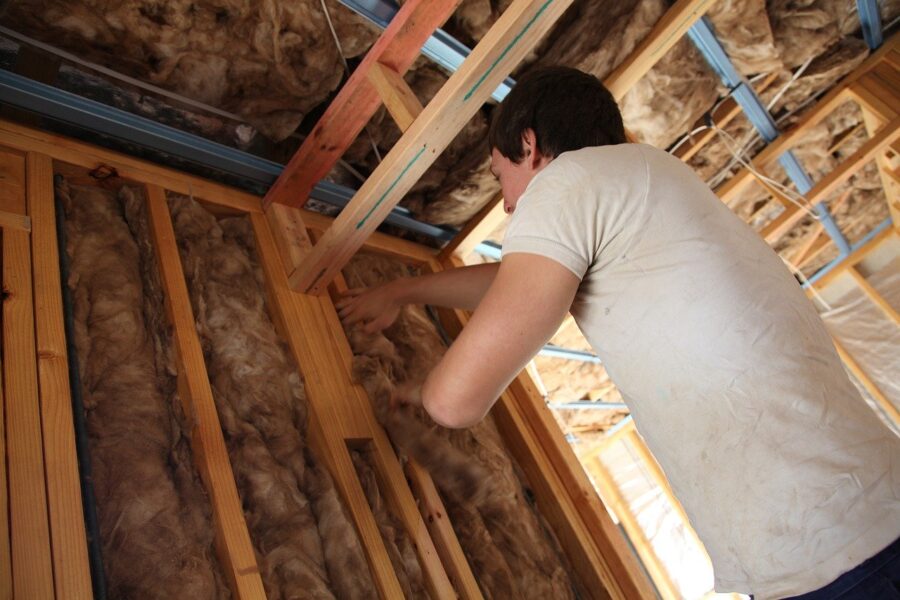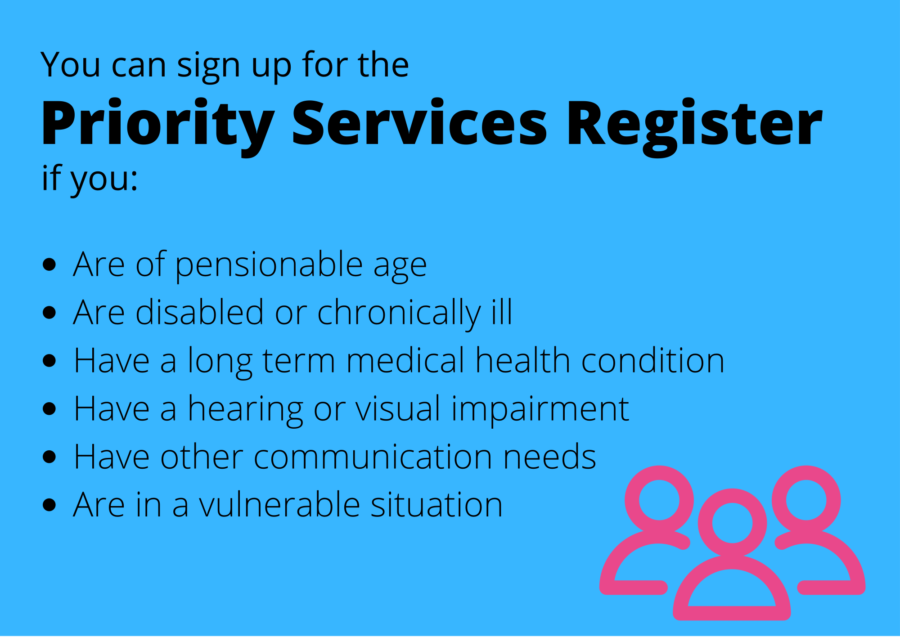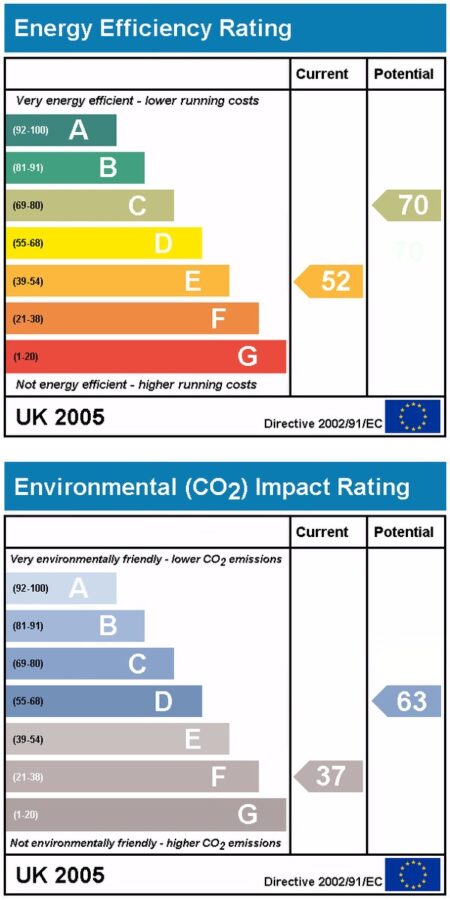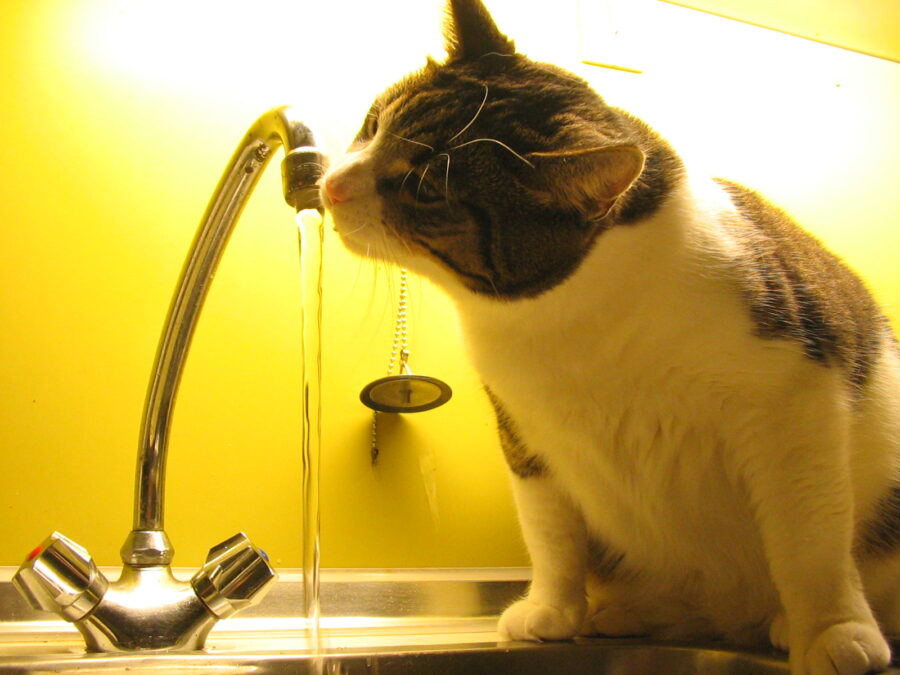Words and artwork: Mindy Goose
As energy prices are soaring, for some people the choice to heat their home becomes a challenge and ways to reduce our own personal cost become ever more important.
Britain has some of the draughtiest homes in Europe, with two-thirds of existing homes still to be made low carbon, low energy and resilient to the changing climate. Energy efficiency is a vital step to improving our homes and to make them carbon-neutral.
As the House of Commons Environmental Audit Committee’s ‘Energy Efficiency of Existing Homes’ report states:
“The task is colossal. In England alone over ten million owner-occupied homes and over three million private rented sector landlords need to upgrade the energy efficiency [EPC Rating] of their homes to become A, B or C rated by 2035 for the Government’s to achieve its climate aspirations.
“Many homeowners are unaware that their involvement is needed and will need financial support and advice to upgrade and retrofit their home.”

In the New Economics Foundations paper A Green Stimulus For Housing´, they state:
“One in ten UK households are in fuel poverty, a product of income inequality, the poor condition of the housing stock, and rising energy prices – with the private rented sector containing the highest proportion of fuel poor households (21.3%).
“Many households in fuel poverty are forced to choose between heating and other essential expenditures such as travel, clothing or even food.
“This often leads to under-heating in winter, creating serious health problems particularly for young children and the elderly.”
So what can low earners and those on benefits do to reduce their energy costs? There are a few simple tips that the National Energy Foundation suggest that you can apply immediately:
- Use your central heating controls effectively and turn your thermostat down by 1°C.
- Make sure radiators aren’t covered or blocked by furniture, so the heat can get into the room.
- Replace your light bulbs. Light emitting diodes (LED) are the most efficient.
- Monitor your energy using a smart meter. Identify which appliances use the most electricity.
- Switch lights off when you leave a room and turn electrical goods off when you’re not using them. Do not leave appliances on standby.
- Save water by changing to eco shower heads and reducing shower time. This will reduce the amount of energy needed to heat the water.
- Put lids on pans. Use the toaster over the grill, microwaves over conventional ovens, manual tools over electric ones and slow cookers.
- Don’t overuse your kettle, only boil as much water as you need.
- After you’ve finished using the oven, leave the door open to keep the kitchen warm.
- Run your washing machine with full loads, on 30°C, with short cycles.
- Use your tumble drier sparingly but if you do use it clean the filter and use eco balls.

There are also other suggestions which cost you money, and can be very expensive, such as roof insulation. But there is help out there and you may be eligible for a grant to have insulation fitted.
‘According to the official Committee on Fuel Poverty, over 10% of households in England are in fuel poverty. Fuel poverty is defined as a situation where someone who is on a relatively low income lives in a house that cannot be kept warm at a reasonable cost.
It can be caused by a mixture of high energy prices, low incomes, and energy-inefficient homes. Fuel poverty can have life-changing effects on households, with the stress of debt, for example, creating social isolation and even illness.’
LEAP (Local Energy Advice Partnership) is a free service, representatives will visit your home and offer advice on how to keep warm and reduce energy bills without costing you any money, they even bring and fit LED lightbulbs, radiator reflector panels, and draught excluders for free.
You can make a referral yourself, to see if you are eligible follow the link in the index below.
Further to this you may also be eligible to grants from the UK government “ECO” scheme for various heating and insulation improvements in your home. These grants are only available to people on certain benefits or a low income and vulnerable to the cold.
To find out if you you are eligible you can visit either the My ECO Home or Better Homes Yorkshire websites and apply. Links are in the index.

If you are a person who is vulnerable, you will most likely be able to get extra help from the Priority Services Register.
It is a free support service which helps people in vulnerable situations. All energy suppliers and network operators in the UK offer it, and they keep their own register.
For West Leeds this is Northern Powergrid for electricity, and Northern Gasworks for gas, you can also apply through your energy supplier, such as Eon Next, British Gas, Bulb, EDF or whoever you pay your bills to. More information on this can be found in the index below.
If you need to find out what the energy rating for your home is, also known as the EPC rating, you can find it on the government website ‘Find an energy certificate’. Below is a typical chart. The average home in England and Wales is 60, or D.

Your water usage is not included in the payments you make to an energy supplier you can still save money you pay to the water company if you are on a water meter (if you are not, it will be at a set rate, but may be eligible for a discount). Unlike energy suppliers, you can only be supplied by the regional water company, so you cannot switch. So how can you make these savings?
Here are some tips taken from the AgeUK website, but apply to everyone at any age:
- Fix dripping taps or leaks – they can waste the equivalent of half a bath a week.
- Take showers instead of baths – a short shower can use a third of the amount of water needed for a bath.
- Don’t leave the tap running while brushing your teeth or shaving.
- Use a washing up bowl to do the dishes, rather than rinsing every plate and cup under the tap.
- Wash vegetables in a bowl rather than under running water.
- Use a watering can in the garden rather than a hosepipe.
- Fit a device in your toilet cistern to minimise the water used in flushing. It can save up to 3 litres of water with every flush. Ask your water company if it supplies them free of charge.
- Don’t use your washing machine or dishwasher on half-load programmes. A full load uses less water than two half-loads.
There is more information on the Consumer Council for Water’s website to see if you are eligible for any further discount or support. The link is in the index below.

Index
- Energy Efficiency of Existing Homes Report
- A Green Stimulus For Housing
- National Energy Foundation
- LEAP (Local Energy Advice Partnership)
- My Eco Home
- Better Homes Yorkshire
- Priority Services Register
- Northern Powergrid
- Northern Gas Network
- Find your EPC Rating
- Age UK Water Advice
- Consumer Council for Water
- Yorkshire Water


That’s all good advice, Anyone who was a customer of UW could have received free LED bulbs for whole house, fitted free. That was up to March 2021, but UW are still great value. In fact they are now the best option on many comparison websites for energy providers, which is brilliant as they dont officially appear on comparison sites. If you want to save money and save energy use all the tips in this article and consider http://www.lifestyle4u.org.uk. It costs nothing to enquire.